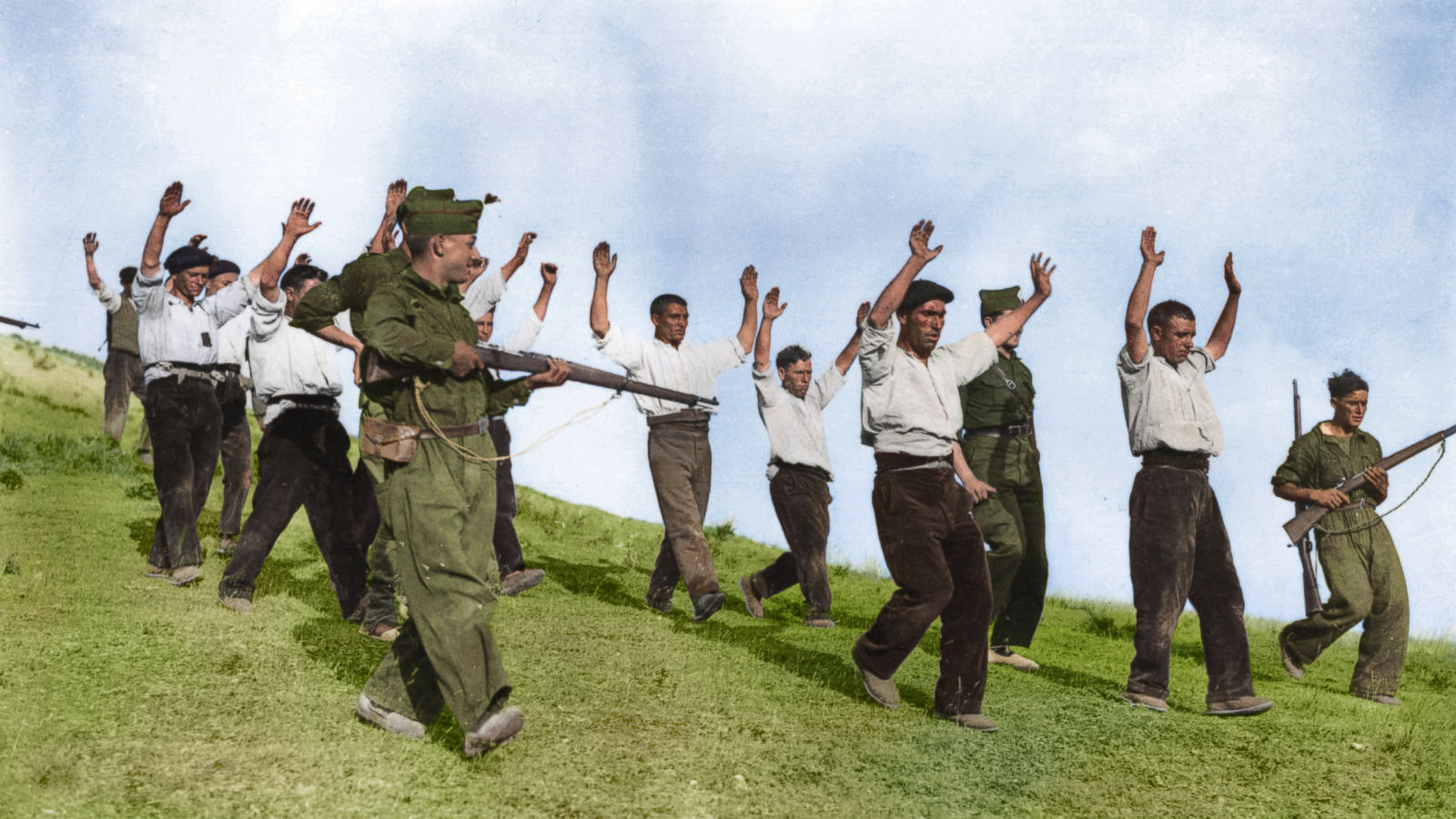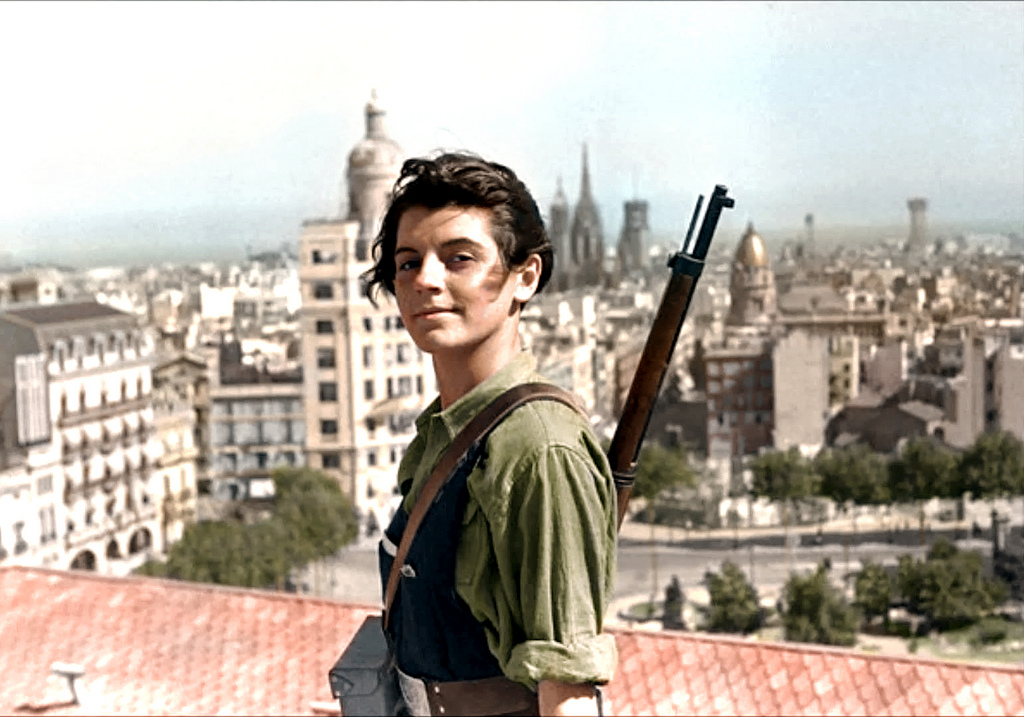Written by Tom Lawrie. The overall historiography of insurgency and counter-insurgency is generally both Eurocentric and regionalist, lacking a truly definitive, overarching study of global guerrillaism and the general response from established authorities. This two-day symposium organized by Mark Lawrence and the Centre for the History of War, Media and Society pledged to put the study of insurgency and counter-insurgency in a truly global context, bringing in papers that focussed not only on the cradle…
Leave a CommentTag: Spain
Written by James Matthews.
On 17 July 1936, a faction of the Spanish army rose up against the Second Republic, triggering a violent conflict that developed into the Spanish Civil War as groups loyal to the government rallied to its defence. The military plotters essentially considered themselves to be defending traditional Spain from the threat of social revolution and regional separatism. In the days following the partially successful coup d’état, the two antagonistic camps scrambled to generate stopgap armed support. The forces available to the Republic immediately after the uprising were a disjointed combination of party and union-based volunteer militia, reinforced and at times led by members of both the Spanish security and armed forces. In Republican-held territory, the regular pre-war conscript army disintegrated and government authority in many places collapsed. Although some of these former soldiers joined the conflict as volunteer militiamen, the army effectively ceased to be a tool at the state’s disposal.
Leave a CommentWritten by J. Sebastian Browne.
On 26 January 1939, the Catalan capital of Barcelona fell to the advancing troops of General Franco. The occupation of Barcelona was the last major battle of the Spanish Civil War, with the Republic forced into unconditional surrender two months later. The Insurgent offensive against the Republican Army in Catalunya begun on 23 December 1938 prompted the beginning of an exodus that was to result in the flight of 470,000 refugees into France, with the greatest number crossing the frontier in the two weeks that preceded Franco’s closure of the border on 10 February 1939. Republican forces in fact fought a well-organised retreat and much of the army of the Levant passed over into France where it was disarmed and its soldiers incarcerated in concentration camps, with initially little or no shelter or sanitary facilities and treated as prisoners of war.
Leave a CommentWritten by Mark Lawrence. Few wars have captured the imagination as much as the Spanish Civil War (1936-39). A conflict which legend has cast as an epic struggle between right and wrong was actually a complex series of conflicts pitting Republicans against Monarchists, the periphery against the centre, Catholics against anti-clericals, modernists against landowners, farmers against workers, and towns against villages. Above all, the Spanish Civil War was internationalised. Indeed, many historians go further, arguing…
Leave a Comment


